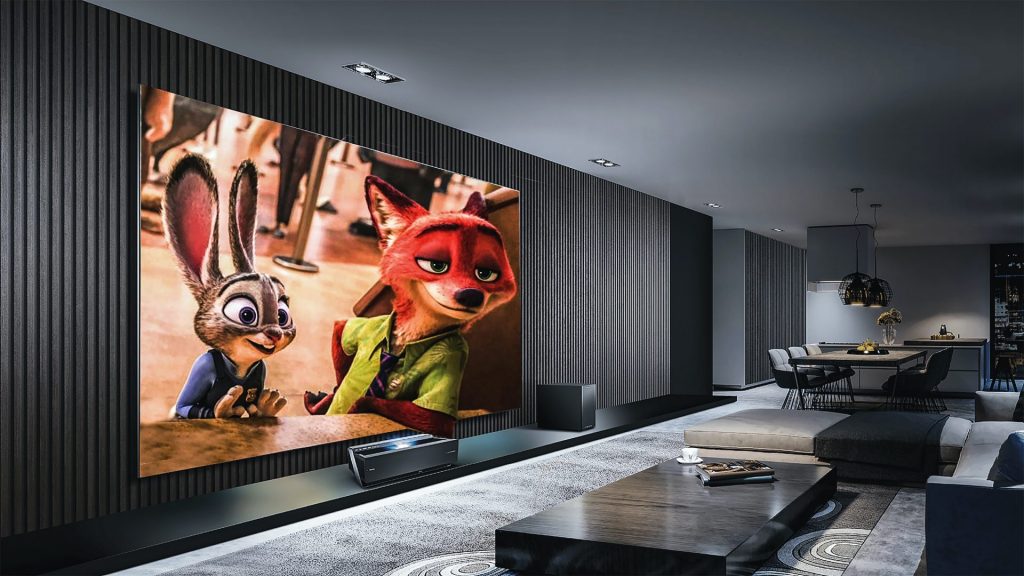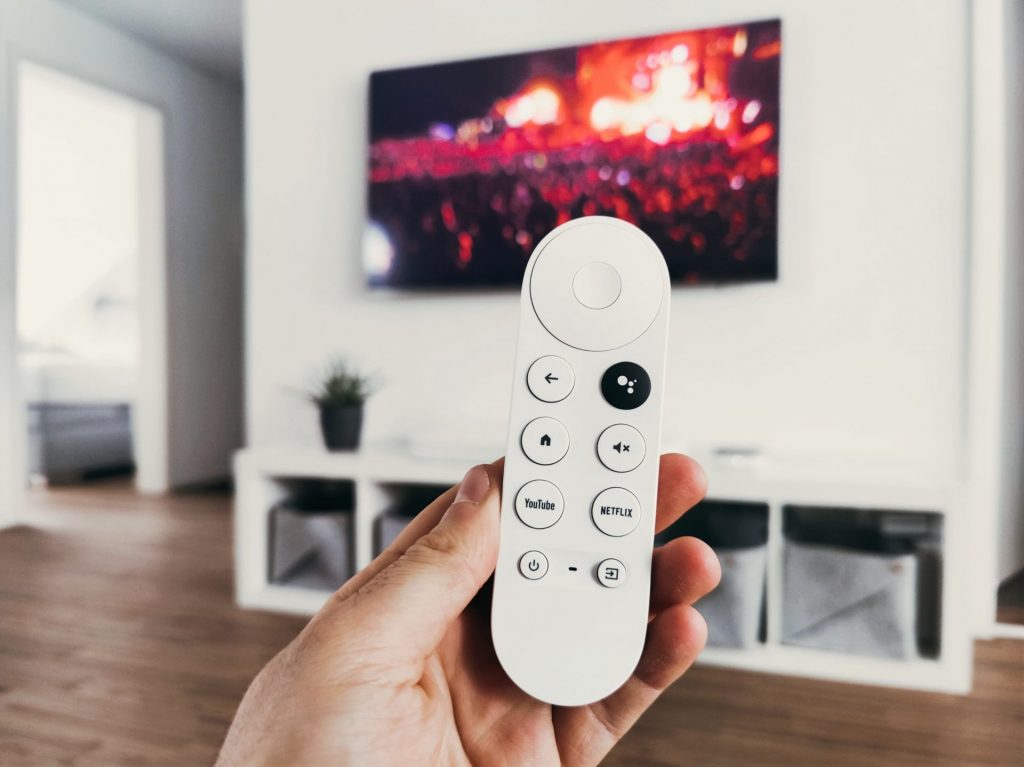Various factors cause TV monitors to be more expensive compared to TVs. A few of these factors are better response time, enhanced refresh rate, accurate imaging, high durability, and long life.
These are the factors to determine the price of a TV monitor and the difference between a TV and a monitor as stated below. This article will help you to decide monitor is good for you instead of a TV or not.
Table of Contents
What Makes Monitors Expensive Than TV?

1. Refresh Rate:
Refresh rate that increases the price of a TV monitor. Refresh rate means the maximum number of changes in pictures a TV monitor or TV can make every second.
A TV monitor with a refresh rate of 144 Hz will mean that it has the capability to change pictures on the screen 144 times per second. It is a fact that the higher the quality, the price will be high. Similarly, high refresh rate also makes monitors costly.
2. High Working Speed:
Working speed or the responsiveness of the screen also matters a lot when we are discussing the price of a monitor or TV. If we compare the response to a single command, the TV monitor will beat the TV easily.
Monitors are built for working purposes. For example, Monitors are supposed to respond quickly to a command whenever they are being used for gaming. While TVs lack in response speed as they are not supposed to work so fast.
Hence, we can say that the production of monitors with a high response rate will need more resources and high costs leading to an increase in price.
3. High Resolution:
While talking about the price of a TV monitor, its resolution matters a lot. If the resolution increases, the price of the screen also increases. TV monitors mostly come in 2K resolution which causes the price of monitors to be high.
Apart from high resolution, a good refresh rate is also required in TV monitors to fulfill their working requirements. Therefore, the price of a TV monitor is high.
Working Difference Between Monitors And TVs:

1. Smoothness:
The smoothness of the display means pixels constantly update on the display to show a picture. TV monitors are a little bad on display. But the TV’s resolution is high therefore its smoothness is high. These days companies are launching high-resolution monitors for better screen quality. Therefore smoothness is a big factor in the high pricing of a monitor.
2. Coloring:
Screen colors are important as they take part in determining the quality of the display. The screen colors of TV monitors are considerably real, accurate, and high quality.
This makes the display of TV monitors better and higher quality. Better and precise coloring of the screen is also one of the reasons behind the high pricing of TV monitors.
3. Panel Type:
Monitors and TVs have different types of panels which also makes the working and quality of the display of both devices different. TV monitors have VA panels. And VA panels are famous for their high and accurate contrast. The contrast factor enhances the image quality to a great extent.
VA panel gives a high-quality image and has a higher price than other panels. Hence, it’s a worth mentioning factor while discussing the price.
4. Durability:
As far as the durability of a screen is concerned, Monitors last longer than TVs. It is the quality & material that makes any object last longer. And the price increases with increasing the quality.
Therefore, we can say that behind the high pricing of monitors, high durability and long life is also a reason.

Conclusion:
We have come up with the brief information & factors that make TV monitors more expensive than TVs. Which factors and causes are can make a monitor more expensive than TVs? We provide all the details with complete information.
